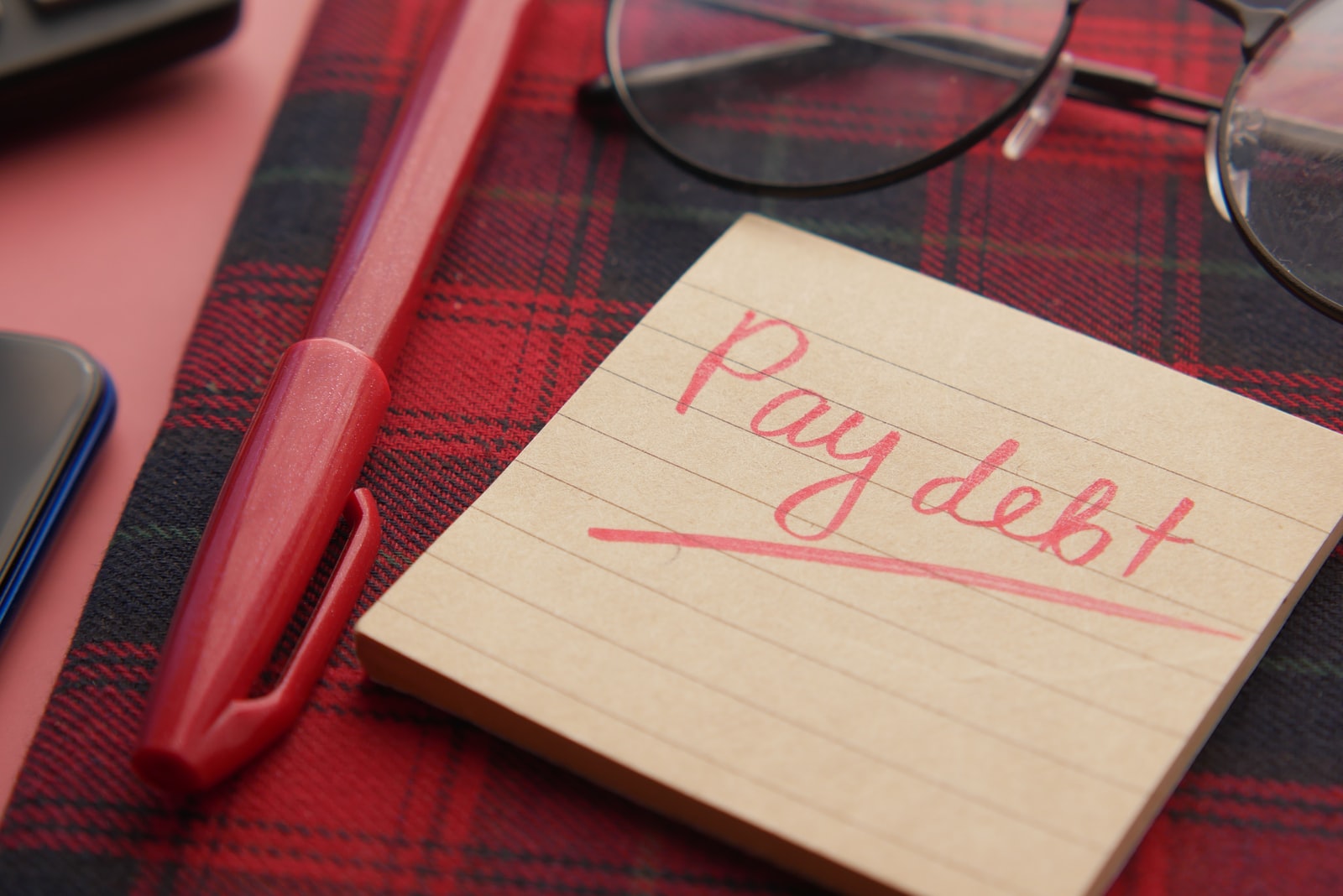If you have bad credit, it can be tough to secure a loan. Banks and traditional lenders often see bad credit as a red flag, indicating that you may not be a reliable borrower. However, there are still options available to those with bad credit who need access to financing.
What is bad credit?
Bad credit is a term used to describe a low credit score, usually resulting from a history of missed or late payments, defaults, or high levels of debt. Having bad credit makes it difficult to obtain a loan because lenders view the borrower as having a higher risk of defaulting on payments. This may result in higher interest rates, fees, or even rejection of the loan application. Therefore, having bad credit can make it challenging to acquire a loan.
What causes bad credit?
Having a poor credit score can make it difficult to qualify for loans, credit cards, and other financial products. But what causes bad credit in the first place? Here are some common factors that can contribute to a low credit score:
- Late or missed payments: One of the most common causes of bad credit is late or missed payments on loans, credit cards, or other debts. Payment history is the largest factor that contributes to your credit score, so consistently paying your bills on time is crucial.
- High credit utilization: Credit utilization refers to the amount of credit you’re using compared to your credit limit. If you’re using a high percentage of your available credit, it can be a red flag to lenders that you may be overextended. Aim to keep your credit utilization below 30% if possible.
- Too many credit applications: Applying for too much credit at once can be a red flag to lenders that you’re desperate for credit, which can negatively impact your credit score. Additionally, each credit application will typically result in a hard inquiry on your credit report, which can also lower your score.
- Defaults or collections: If you’ve defaulted on a loan or had an account sent to collections, it can have a significant impact on your credit score. These negative marks can stay on your credit report for up to seven years, making it difficult to qualify for credit in the future.
- Bankruptcy or foreclosure: Bankruptcy and foreclosure can have a major impact on your credit score, as they indicate to lenders that you may be a higher-risk borrower. These negative marks can stay on your credit report for up to 10 years.
- Identity theft or fraud: If someone has stolen your identity or used your personal information to open accounts or make purchases, it can have a negative impact on your credit score. It’s important to monitor your credit report regularly for any signs of fraud or identity theft.
Possible loans if you have bad credit
If you have bad credit, it can be challenging to qualify for traditional loans from banks and credit unions. However, there are still options available to you. Explore the options below to help you determine which one might be right for you.
- Payday loans: Payday loans are a type of short-term loan that is often available to borrowers with bad credit. These loans typically come with very high-interest rates and fees, so it’s important to be cautious when considering them. In addition, payday loans are usually due in full on your next payday, so you’ll need to make sure you have the funds to repay the loan on time.
- Personal loans from online lenders: Online lenders have become increasingly popular in recent years, and many of them offer personal loans to borrowers with bad credit. These loans typically come with higher interest rates than traditional bank loans, but they may be more accessible for those with bad credit. Be sure to shop around and compare rates and terms from multiple lenders before committing to a loan.
- Secured loans: Secured loans are loans that are backed by collateral, such as a car or a home. Because the lender has collateral to fall back on if you default on the loan, they may be more willing to lend to borrowers with bad credit. However, it’s important to remember that if you do default on a secured loan, you risk losing your collateral.
- Co-signed loans: If you have a friend or family member with good credit who is willing to co-sign a loan for you, you may be able to access financing that would otherwise be unavailable to you. Keep in mind that if you default on the loan, your co-signer will be responsible for repaying it, so it’s important to make sure you can afford the payments before taking on this type of loan.
- Credit union loans: Credit unions are not-for-profit financial institutions that often have more lenient lending standards than banks. If you’re a member of a credit union, you may be able to access a personal loan or a credit-builder loan that can help you improve your credit over time.
Still find it challenging to get a loan?
While it can be challenging to secure a loan with bad credit, there are options available. That’s where debt mediation comes in. Debt mediation is a process where a third-party mediator negotiates with your creditors on your behalf to reduce the amount of debt you owe. This can include negotiating a lower interest rate, reducing fees, or even settling for a lump sum payment.
Debt mediation can be a better option than getting another loan because it doesn’t involve taking on more debt. Instead, it focuses on finding a solution to your existing debt problem. By reducing your debt load, you’ll be able to free up more of your income for other expenses and start rebuilding your credit score.
In conclusion, while bad credit loans may be an option for those in need of quick cash, they should be approached with caution due to their high-interest rates and fees. Debt mediation is a better option for those struggling with debt, as it can help reduce the amount you owe and get you back on track financially.
Want to learn more about Debt Settlement? click here to read





